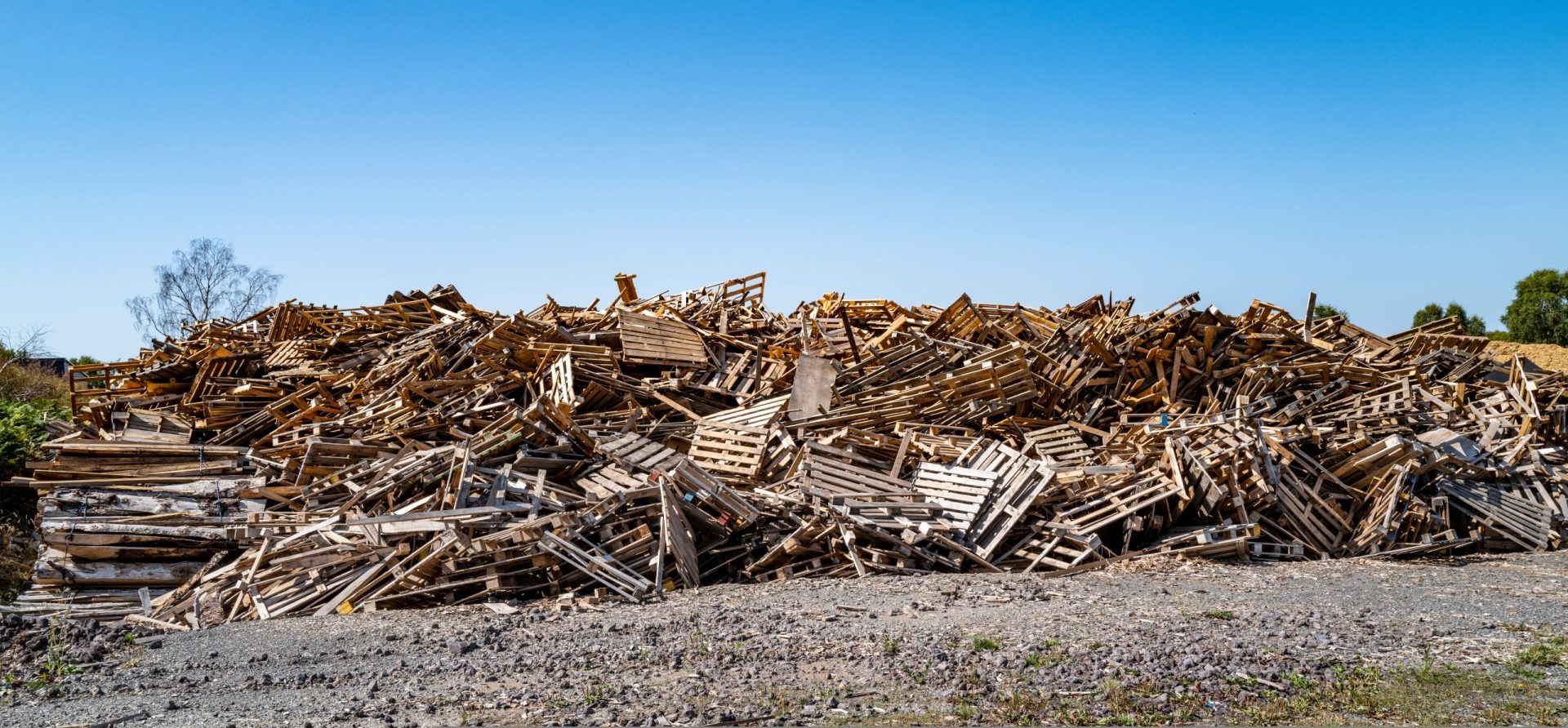
With the energy transition just around the corner, it is imperative that we reduce our dependence on fossil fuels and improve our energy efficiency. Through her research, Inès Esma Achouri, a professor in the Department of Chemical and Biotechnological Engineering at the Université de Sherbrooke, is seeking to make energy production more efficient. In particular, she is looking into intensifying the biomethanation process, i.e. the production of biogas from organic waste using bacteria.
In partnership with CRB Innovations, the researcher and her team worked on combining two technologies that have already been tried and tested for processing different types of wood waste. Difficult for bacteria to digest, wood waste has not been traditionally used to produce biogas.
Steam explosion breaks down wood chips at high temperature and pressure in just a few minutes, without the use of solvents. This makes the fibres more accessible to the mix of bacteria that come into play during the anaerobic fermentation stage, which lasts a few days or even weeks. The result is a methane-rich biogas, produced entirely from wood waste. The fuel is also cleaner, containing almost no sulfur and nitrogen compounds. This biogas could therefore be injected directly into the natural gas network, as it contains no hazardous compounds. The results have been so conclusive that the industrial partner has already patented part of the process.
The scientists now wish to continue their partnership research in order to scale up the technology and identify bacteria capable of making biogas production even more efficient. This is a promising avenue for recycling wood waste, a product that is abundantly available in Québec and Canada.
This research project was funded by the IMPULSION – Green Energy/Hydrogen program.
Reference: “Lignocellulosic Biomass Valorisation by Coupling Steam Explosion Treatment and Anaerobic Digestion” (2024). Energies, 17(3), p. 677. doi.org/10.3390/en17030677
